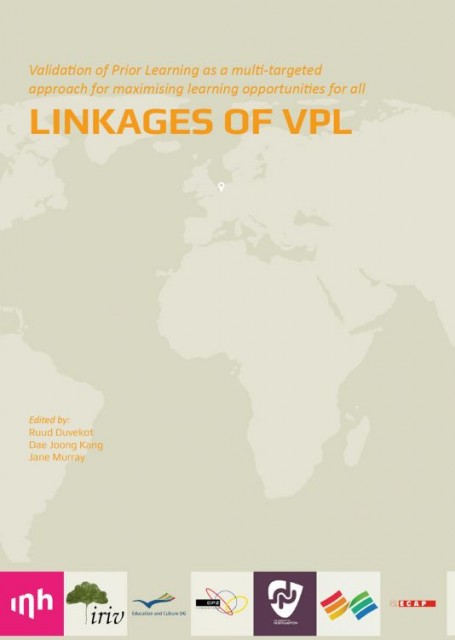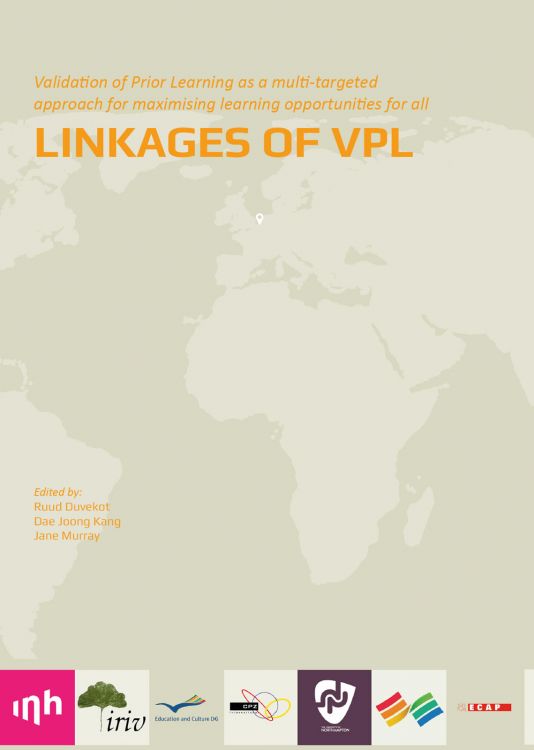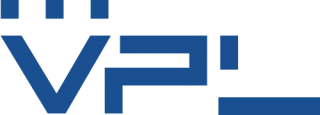Observatorio de la validación de competencias
By accepting you will be accessing a service provided by a third-party external to http://observal.es/
Linkages of VPL: Validation of Prior Learning as a multi-targeted approach for maximising learning opportunities for all
All across the globe, countries face big challenges in their learning and working systems, both qualitatively (reducing poverty and illiteracy, the need for lifelong learning and the upskilling and updating of competences) as well as quantitatively (division of labour, demographic challenges, drop-outs, (im)migration, retention).
Much research has been done (and is going on) on the added value of the learning outcomes approach in National Qualification Frameworks (NQFs), the effectiveness of Human Resources Management systems (HRM) and on the methods for Validation of Prior Learning (VPL). The 1st VPL Biennale that was held in Rotterdam, the Netherlands on April 9-11, 2014, intended to discuss and debate these challenges from the perspective of 'the citizen';
so from a bottom-up perspective. The mission of The 1st VPL Biennale was to share information, knowledge, ideas and visions on VPL and about the creative process of learning from each other's successes, problems and solutions in 'the VPL-world'. This entailed a focus on the systematics of Validation of Prior Learning as the motor of more effective learning and working processes; all-inclusive for every citizen, regardless of status, gender, age, philosophy, special need, heritage or any other personal feature.
The crucial questionfor The 1st VPL Biennale was how to further develop and implement VPL as an effective method in lifelong learning perspectives, able to integrate all citizens effectively and quality-assured within lifelong learning strategies at all levels and in all environments and contexts? This question relates to priority areas in policy and practices, to enhancing lifelong learning perspectives and to fostering social and economic progress by:
- further developing and implementing existing national legislation on VPL-enhanced lifelong learning;
- moving towards integrating VPL in all learning levels and environments;
- strengthening the levels of professionalism in VPL-functions to be able to cope with customer-steered and competence-based lifelong learning, such as functions of guidance, individualised and flexible teaching/learning, managing flexible programmes;
- opening up learning opportunities for all citizens with a special focus on underrepresented groups and non-traditional learners.
In general, the state of the art in VPL-policy, development and implementation presented at the Biennale, demonstrated 'The Power of VPL': policies, methodologies and (to a certain extent) funding opportunities are all around; what is lacking is sustainable implementation. This is the next step to take for VPL.
The Dutch ministry of Education, Culture and Sciences presented a realistic look at filling in this next stage for implementing VPL:
"We are now 'moving to the next level' of VPL, in which there will be a binary or dual approach. The new system will be implemented by 2016 and we are now working towards it, making arrangements for implementation. This dual approach consists of two tracks: (1) VPL for direct use in the labour market (internal and external mobility), and (2) VPL in formal education. VPL procedures for those who want to obtain a diploma or degree in formal education will be integrated in the educational system. By organizing VPL procedures close to the exam committees, problems regarding the acceptance of the outcomes of VPL will be diminished. And the educational institutes will get more sense of urgency, feel the need to provide flexible learning opportunities, tailor made to the capabilities and needs of learners."
More specifically, the keynotes and the parallel sessions pointed out that VPL already is active in all lifelong learning-perspectives (qualification-oriented, function-oriented and person-oriented) on the labour market and in education. This notion was highlighted in the concluding forum:
VPL needs to move from fragmentation to integration.In the coming years, VPL is explicitly going to be (further) embedded in the primary processes of learning (vocational, university) and working (HR systems, collective agreements, training funds). VPL will be – within these two main systems as well as between them – a matchmaker and 'guide' for sustainable personal development, shared ownership citizens-organisations of competency-based development and flexibility of the system.
The book 'Linkages of VPL' is both a result of the project ALLinHE as well as an agenda for further exploring and paving the way for VPL, not only in higher education but also in other qualification-levels and – even better – in contexts of work, volunteering, citizenship, inclusion activities and leisure. With this book, the aim is to show that lifelong learning is possible in any context, country and culture, and that there are always shared elements that make it possible to make a manageable tool for lifelong learning out of the methodology of VPL.
The reasons why this is so relevant and of value to the citizens and their organisations across the globe is explained in the variety of approaches, practices and visions, presented in this book.
Índice del libro
- Adopting practical strategies to enhance quality in Validation of Prior Learning by Joy Van Kleef
- The invention of a new language of competence – a necessary tool for a lifelong learning policy by Henning Salling Olesen
- Training the assessors and guides for validation of prior learning by Ruud Duvekot
- From valuation to validation: competence-based approaches for career planning by The perspective of a bottom-up stakeholder in Switzerland by Anita Calonder Gerster
- Developing a training program for RPL-professionals in South Korea by Dae Joong Kang, Jung Hyun Kim & Hyeryung Jung
- Meeting points in the VPL process – a key challenge for VPL activities by Ellen Enggaard and Kirsten Aagaard
- Increasing employability of low qualified workers through the development of a skills recognition system in adult education: An IPA-funded project in Iceland, 2012-2015 by Fjóla Maria Lárusdóttir
- Validation of prior learning as a possible empowering instrument for North Korean refugees in South Korea by Dae Joong Kang
- VPL for more inclusive higher education in Honduras: Content analysis based on literature review on the Validation of Prior Learning by Céleo Emilio Arias
- VPL in Italy. A case from the University of Genoa by Mauro Palumbo, Nicoletta Piccardo and Sonia Startari
- Validation of Prior Learning (VPL) in the context of Slovenian higher education – a case study by Metka Uršič and Sergij Gabršček
- The Korean Approach to Validation for Lifelong Learning by Kim Shinil
- The Experience of the Cités des Métiers in the French context of Validation of Prior Learning by Bernadette Thomas
- An academic path to recognize experiential learning - the case of Padua University by Anna Serbati, Daniela Frison and Sabrina Maniero
- The Quality Code on Validation of Prior Learning in The Netherlands: past, present and near future by Patrick Leushuis
Referencia
Duvekot, R., Kang, D.J. & Murray, J. (2014). Linkages of VPL: Validation of Prior Learning as a multi-targeted approach for maximising learning opportunities for all. Rotterdam: Inholland University AS & European Centre Valuation Prior Learning,


